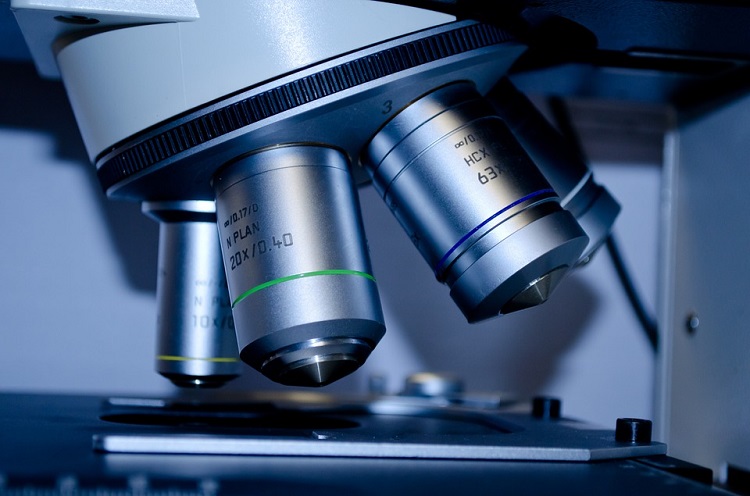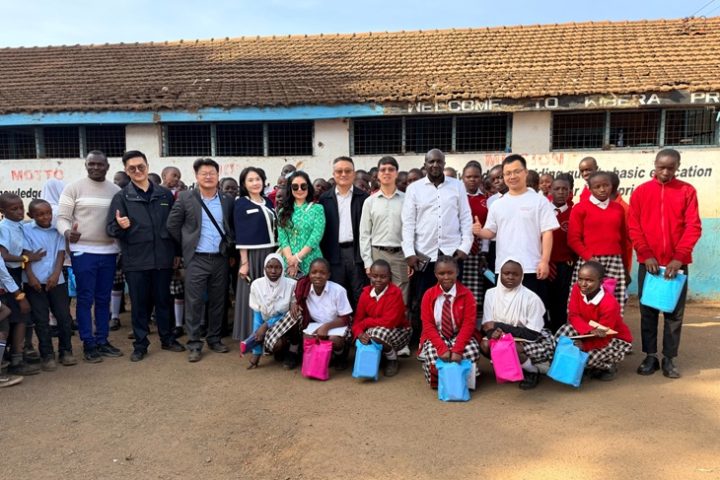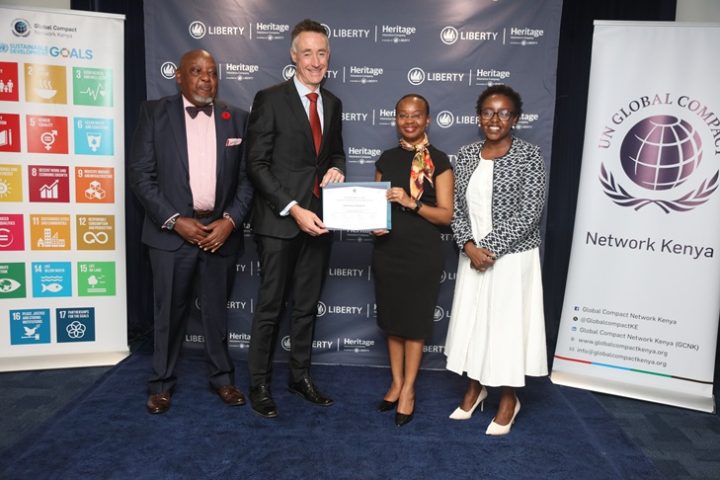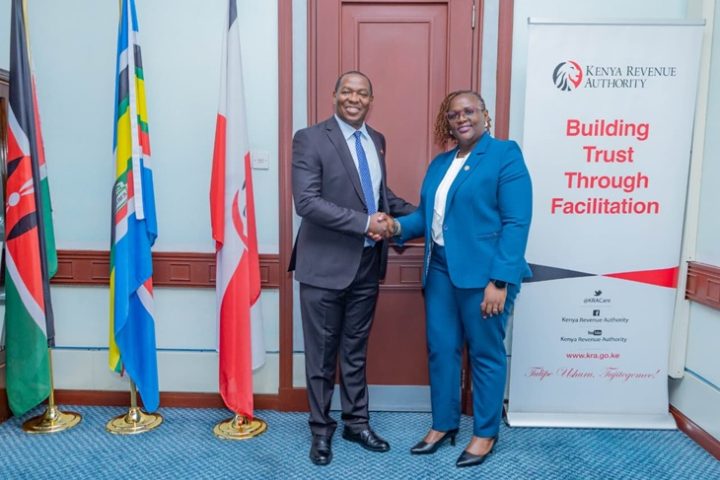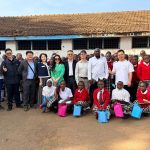Prism Life Sciences has a knack for shooting itself in the foot, but it’s not a one-off legal error; but a pattern. Using court documents, we’ll reconstruct how the company’s bungled matters led to a bitter legal dispute with Galaxy Pharmaceuticals.
Let us start at the beginning. On August 20, 2003, Prism Life Sciences, an India-based pharmaceutical manufacturer, was appointed by Galaxy Pharmaceuticals Ltd to manufacture a variety of drugs, including popular brands such as Lipiloc and Atenol, used for managing high cholesterol and blood pressure.
Galaxy Pharmaceutical’s core business is importing, marketing, and distributing pharmaceutical products.
And at a September 10, 2014, meeting, both parties agreed that Galaxy Pharmaceuticals could use another manufacturer if Prism Life Sciences did not fulfill its obligations. Please remember this key detail, as it will explain one of the reasons the agreement fell apart.
Everything seemed to be going well for over a decade, but trouble lay ahead.
The first signs of trouble began in 2015 when Galaxy Pharmaceuticals received complaints about the TELMI brand of drugs. Prism Life Sciences acknowledged and resolved the issue by replacing the products.
It gets even more interesting. Galaxy Pharmaceuticals claims that, through email correspondence, it uncovered that Prism Life Sciences tried to engage with a former employee to try and take over its distribution business and products.
Other issues were disruptions to supply due to manufacturing delays, changes in product specifications. The latter is sensitive because these are drugs for human use.
So bad was the situation that in April 2024, the drugs had to be recalled and destroyed.
Before then, things got even more difficult after the Poisons and Pharmacy Board (PPB), the industry regulator, carried out a site inspection at Prism Life Sciences’ facility in India and gave a damning verdict.
In January 2023, PPB inspectors found that the facility was unfit to manufacture drugs and could not confirm if indeed Prism Life Sciences was the actual owner of the facility.
By this time, Galaxy Pharmaceuticals had had enough and decided to engage another manufacturer to ensure a constant and reliable supply of its medicines. Remember the earlier clause in the agreement.
Things heat up.
On 19th August 2024, PPB received a letter from Prism Sciences alleging that there were counterfeit and/or substandard pharmaceutical formulations being sold in Kenya.
In the letter, Prism Sciences alleged that there were several thousand units of counterfeit Mexic and Lipiloc drugs being marketed and sold in Kenya.
Additionally, Prism claimed that Galaxy Pharmaceuticals, through one of its subsidiary companies in India (Galaxy Vitacare PVT), had invested in another company called Prism Medico Pharmacy Limited.
Prism Life Sciences alleged that this new company, Prism Medico & Pharmacy, is a competitor that is exporting pharmaceutical products that are deliberately made to look identical to Prism Life Sciences’ products. The allegation was that these products used the same brand name, artwork, color schemes, and packaging to deceive consumers and create confusion in the market.
In short, Prism was accusing Galaxy of creating a counterfeit-like operation by using a company with a similar name and copying the packaging of its products to sell what Prism considers to be fakes.
Prism stated that immediately it received this information, it purchased some of the products, including Mexic and Lipiloc, from the Kenyan market and subjected them to lab analysis in India.
According to Prism, the test results indicated that the products had failed on various counts and hence were allegedly found to be substandard and unfit for human consumption.
PPB acknowledged receipt of the complaint vide a letter dated 28th August 2024 and began investigations into the allegations.
PPB, through its surveillance teams, immediately collected a few samples from the Galaxy’s warehouse for analysis.
Foot in Mouth Diseases
The analysis was undertaken at WHO prequalified labs, and upon analysis, all the sampled products passed the test.
Further, PPB took steps to quarantine all the products under complaint to prevent the potential risk of harm to the public and to assure public health and safety. Galaxy Pharmaceuticals was subsequently required to submit a report confirming that it had quarantined the products.
Galaxy was further restricted from further importation and/or distribution of the disputed products during the quarantine period.
PPB also collected the samples from the quarantined products and subjected them to analysis at the National Quality Control Laboratory (NQCL). The products equally passed the analysis test.
PPB noted that the collection of the samples by Prism was done contrary to the provisions of the Pharmacy and Poisons (Pharmacovigilance and Post Market Surveillance) Rules, which provide for the procedure of collection and sampling of medical products and health technologies.
The regulator noted that it was untrue, as alleged by Prism, that the products in question were of low quality or that they had been manufactured in breach of good manufacturing practices, and neither were the products counterfeit, as alleged.
In the end, the PPB’s investigation confirmed that Prism’s allegations were baseless. Instead of damaging Galaxy Pharmaceuticals, Prism’s poorly executed complaint boomeranged, confirming its pattern of fumbling and further damaging its own reputation.
Related Content: How Prism’s Fake-Drug Case Collapsed Over Defective Documents



